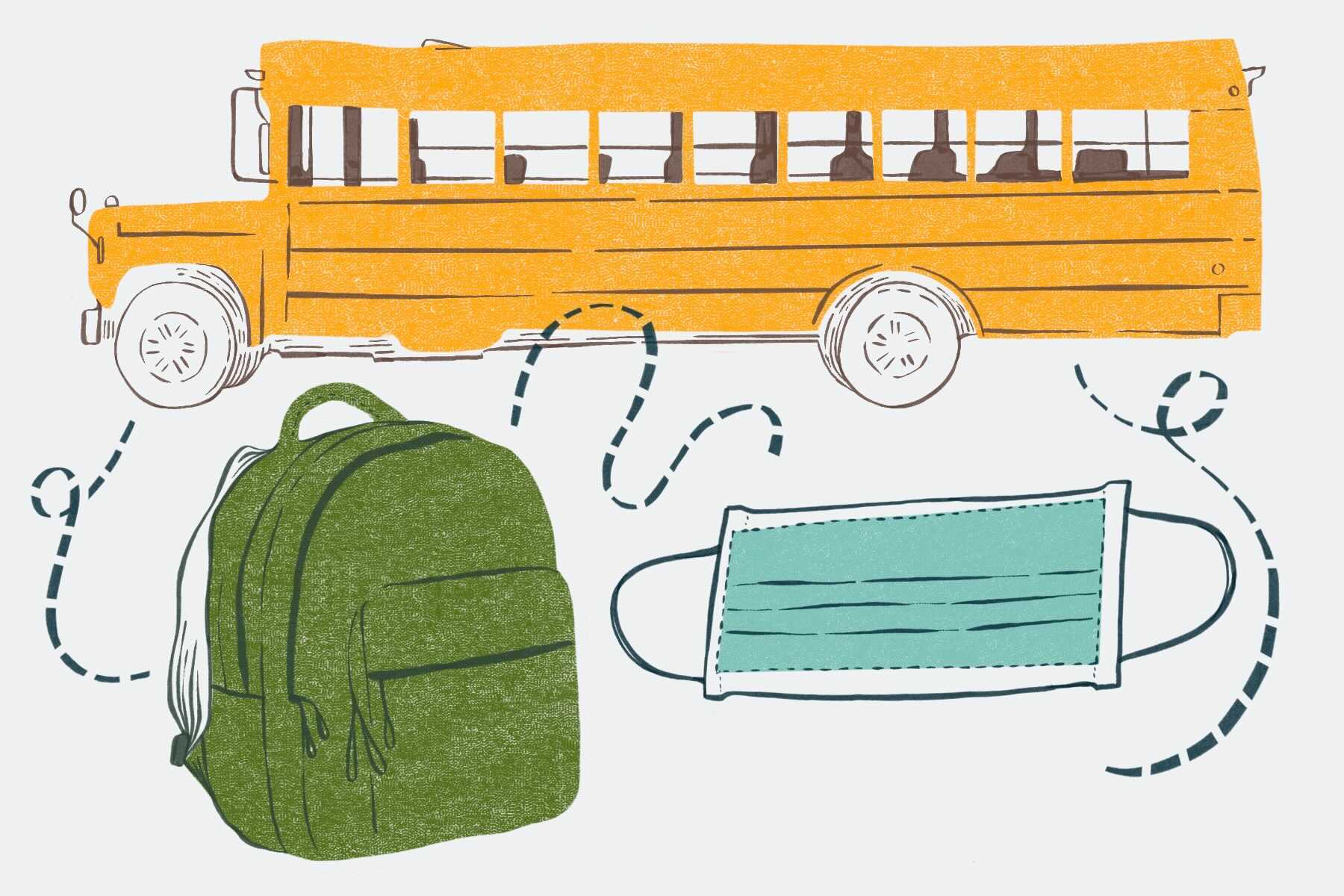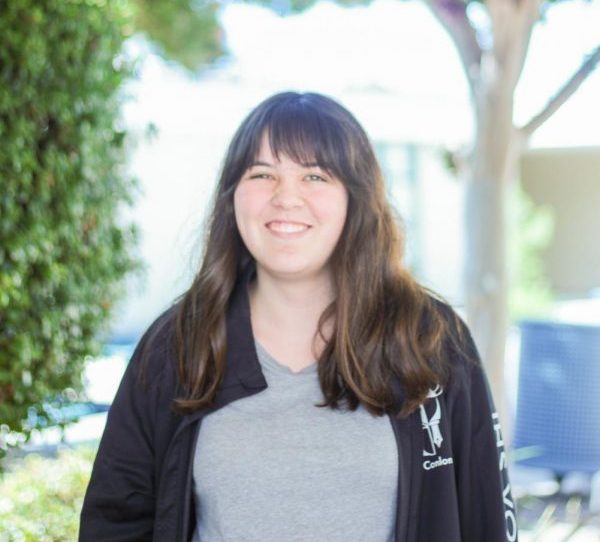It has now been two years since COVID-19 first broke out and the world was plunged into an unprecedented period of social isolation to combat the rapid spread of the virus. In the interim, new strains of COVID-19 known as the delta variant and omicron variant have complicated the return to normalcy. Amid more contagious virus strains and vaccine hesitancy, it is imperative for colleges to require that students receive their main round of vaccinations; in the event that students cannot take the vaccine, schools need to administer tests efficiently and consistently.
School Requirements
While a number of colleges operated virtually for the first year of the pandemic, many schools are transitioning back toward more in-person and hybrid instructional models. While these models give students a more well-rounded educational experience, there is still a fair amount of concern around students contracting COVID-19 in classrooms, dorms and workplaces scattered across the nation.
As a result, many colleges are still in the experimental phase, gradually bringing students back to school by establishing hard guidelines on what they expect. There are two primary components that make up the safety guidelines at most colleges: vaccination requirements and testing.
A wide variety of schools around the country require students to submit proof of vaccination before they return to campus, including private universities, public universities and community colleges. While the debate around vaccines has become highly politicized in the last year, medical professionals have repeatedly advocated for people to take the vaccine, because it is scientifically proven to be safe.
Schools and Vaccines
For individuals who cannot take the vaccine, college officials evaluate requests for medical and religious exemptions on a case-by-case basis. Medical exemptions are a necessity: While officials recommend that immunosuppressed people and individuals with autoimmune conditions receive the vaccine, students with an allergy to components of COVID-19 vaccines should absolutely not receive it.
However, religious exemptions are more of a gray area. On forms, schools leave space for students to explain why their beliefs prevent them from getting the vaccine. Students are then asked to provide an additional spiritual advisor/leader as a reference that school officials can consult with if needed. It is a reasonable policy that clearly sets up expectations; Stanford University in California even directly states on its website: “Exemptions, for other than approved medical and religious reasons, are not accepted for the required vaccinations.”
Due to the decreased effectiveness of vaccines over time, booster vaccines have recently become a hot topic. Not only can booster vaccines increase immunity, but they can also bring down the probability of hospitalization with a severe case of COVID-19, should a person contract it. The delta variant, which originated in India, is more contagious than the original strain of COVID-19; the omicron variant, which emerged in South Africa, is even more contagious than the original variant and the delta variant. Thus, there is a certain necessity to getting students vaccinated even further before they return to college.
Schools are still in the process of working out booster vaccine requirements. This is natural, as the booster vaccines were released to the public later than the regular vaccinations, and because there are certain logistical challenges in scheduling a typical vaccine appointment around hectic work schedules. Some colleges are requiring booster vaccines in addition to the main round of vaccines, while others are holding off on requirements in favor of on-campus health check-ins, more protective measures installed in classrooms and required self-evaluations for students to complete at home.
COVID-19 Testing
Testing — especially in the face of more contagious variants spreading at fast rates — should be a priority. Unvaccinated students who have been exempted need to be tested consistently and often if they are to attend on-campus classes. It is crucial to do so because students can be asymptomatic and still manage to infect their peers, especially with the emergence of more contagious variants.
A particularly striking example came from the University of California, Berkeley: At an unsanctioned party, contract tracing revealed that one student infected 52 others. It is important to anticipate obstacles and organize administrative systems that are well-equipped to handle them.
Another possible area of improvement comes in increasing the accessibility of COVID-19 tests for students who are vaccinated and voluntarily get them. Over both Thanksgiving and Christmas, many students flew home to see their families, which reintroduced students to people in airports, planes, potential gatherings and their own separate workplaces.
The Return
For students to protect their friends and classmates when they return to school, COVID-19 testing needs to be made accessible before the first day of class and advertised so that students are more likely to take the opportunity to get tested. Testing more students increases collective safety and empowers students to take personal responsibility for monitoring their health.
COVID-19 has posed unique challenges that required students and schools around the country to adapt with the times. However, by clearly communicating expectations that are informed by available scientific evidence, colleges have been able to make the shift back toward in-person learning and better protect their student bodies. The times we’re in now are unprecedented, but less and less isolation is on the horizon.

















